Rig operators have made impairments worth billions of dollars – several will have to fight hard to survive
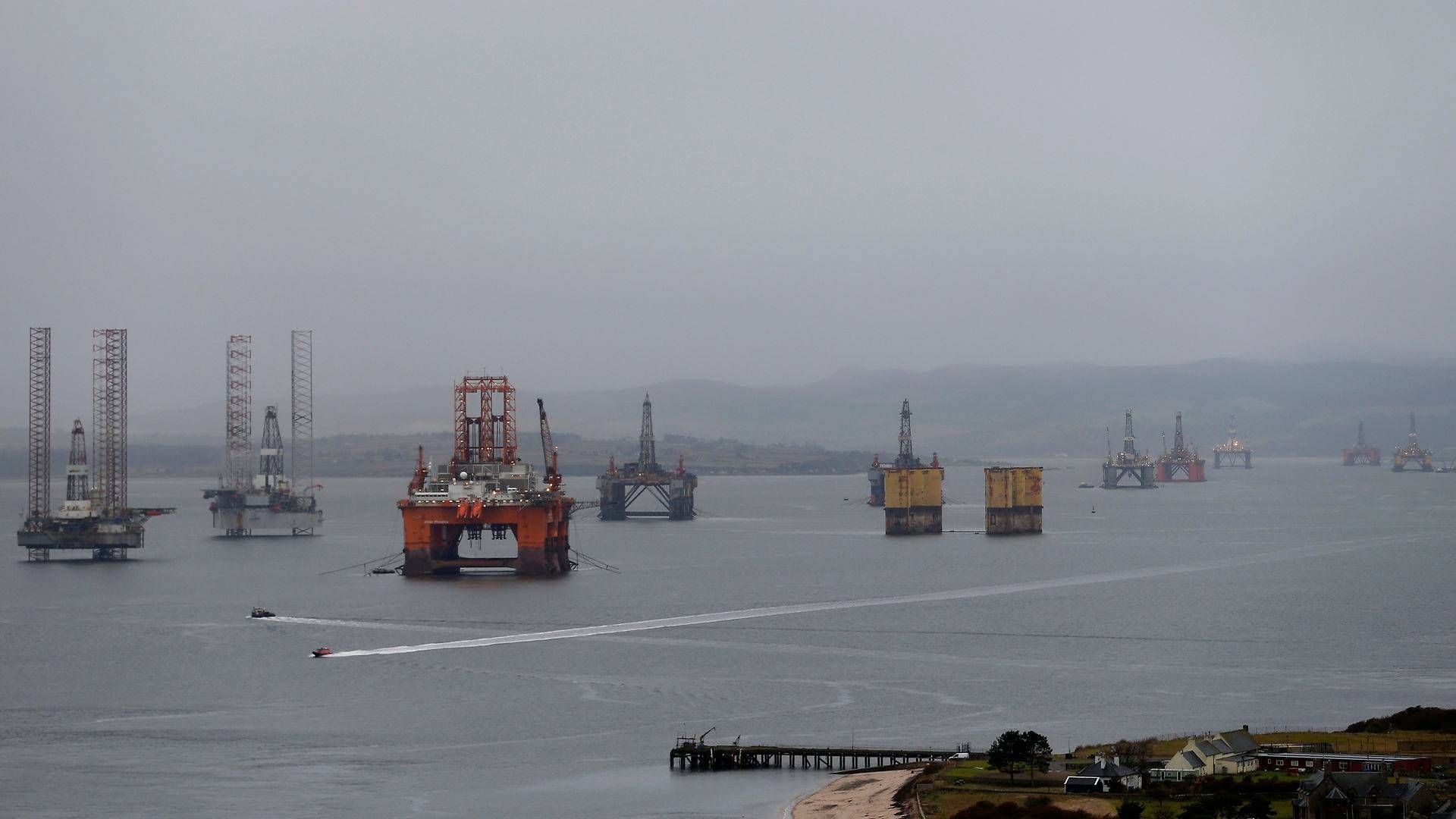
Huge sums have disappeared from the drilling market in 2020, with drastic dives in share prices and multi-billion dollar impairments.
In six months, the world's 13 largest rig companies have so far impaired their fleet values by a total of USD 10 billion, estimates analyst firm Kepler Cheuvreux.
And the scope is unlikely to stop here, says stock analyst Magnus Olsvik. He notes that the impairments so far only account for one tenth of the companies' book fleet values, which currently total USD 90 billion.
This gives cause for more impairments already this year, the analyst tells ShippingWatch.
"The actual value is likely quite a bit lower, so we expect that there will be more impairments," says Olsvik, though he declines to put concrete figures on his expectations.
Unlike shipping, drilling is not a very liquid market right now in terms of rig trading, adds Olsvik.
"There are no transactions to base it on. So it's very difficult to determine the actual value of a rig."
Rig operator Valaris has booked impairments across its fleet for a total of USD 3.6 billion in the first half of the year.
John Fredriksen's Seadrill and Maersk Drilling, which the Mærsk family owns a significant part of through A.P. Moller Holding, have so far bookd impairments worth billions in 2020.
"Some have impaired their fleet values by upwards of 30 percent in the first half of the year, including Maersk Drilling, while others have impaired between zero and ten percent," says Olsvik.
The analyst points to Seadrill as one company that could end up making further impairments. The same applies to Diamond Offshore, Valaris and Noble Corp.
Expects more Chapter 11 filings
Fearnley Securities analyst Gustaf Amlé would also not be surprised to see more impairments in the sector, which has been under severe pressure for several years now.
The latest downturn, which began for real in the spring with a big dip in the oil price and reduced investment programs among the oil companies, has since then made several rig operators launch restructuring plans to get a handle on their debt.
Three players – above-mentioned Diamond Offshore Drilling, Noble Corp and most recently Valaris – have since entered Chapter 11 in the US.
And more companies could follow suit, projects the Fearnley analyst.
"I think we are at least going to see two more within the next six months. Seadrill has a big problem and Pacific Drilling could also be in a chapter 11 process by the end of the year," Amlé tells ShippingWatch.
Olsvik of Kepler Cheuvreux shares this view.
"Pacific Drilling and Seadrill could head the same way," he says.
Seadrill informed Monday, in a response to several of its bondholders, that the company sees Chapter 11 in the US or the so-called Bermudan Scheme of Arrangement as possibilities in terms of getting its finances in order.
Consolidation further down the road
Analysts and stakeholders see a considerable need for fewer players in the drilling sector, where towering debt among the existing players has blocked efforts to make mergers and acquisitions.
"That is one of the main hurdles, we have seen," says Amlé.
Maersk Drilling CEO Jørn Madsen recently told ShippingWatch that he expects to see "a new landscape in the sector" in 2021, with fewer rigs and fewer players in the field.
And Maersk Drilling is itself prepared to participate in a restructuring of the sector, where "there are many different possibilities, of which acquisitions are one," said Madsen.
These restructurings could ultimately result in both mergers and acquisitions, says Fearnley's Amlé.
"Consolidation and sliced debt will definitely lead to more scrapping and that will reduce the supply side. In addition, the bigger companies will control a large percentage of the fleet, so they will be in a position to push pricing higher," he says.
However, a large-scale merger does not look set to happen until sometime further down the road, perhaps in 2021, says the analyst.
"There is a lot of uncertainty in the rig space right now. The demand side is not there, we don’t know how the restructuring will exactly play out."
(This article was provided by our sister media, ShippingWatch)
English Edit: Daniel Logan Berg-Munch
Drilling share set to be delisted in the US
Creditors send restructuring proposal to Seadrill
Borr Drilling books USD 110 million loss
Strained rig company lost USD 1 billion in the first half-year
Related articles
Drilling share set to be delisted in the US
For subscribers
Creditors send restructuring proposal to Seadrill
For subscribers
Borr Drilling books USD 110 million loss
For subscribers


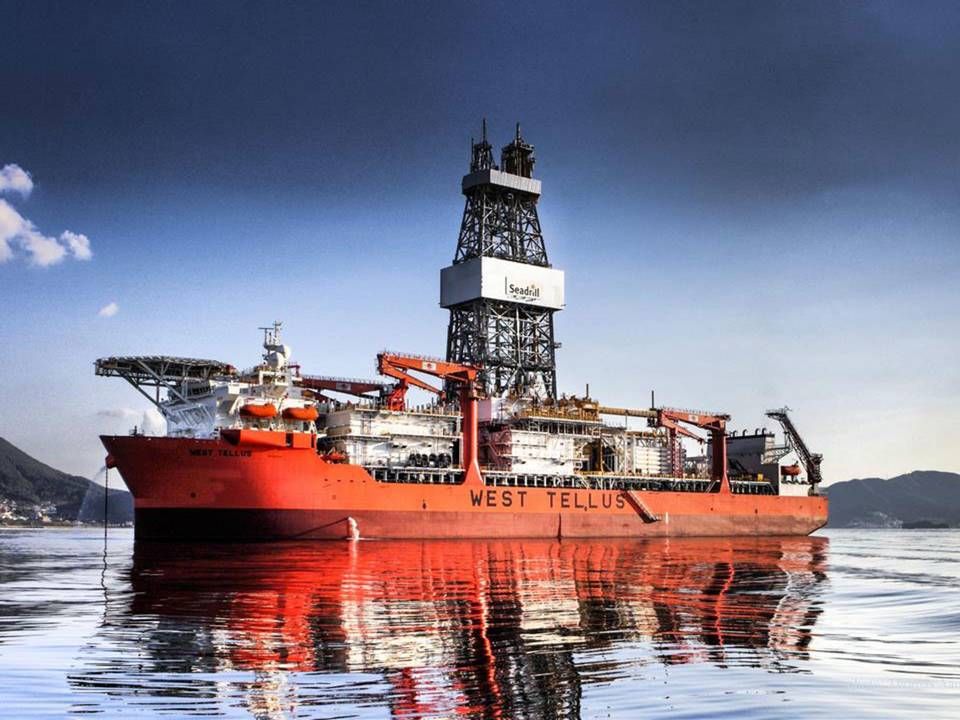
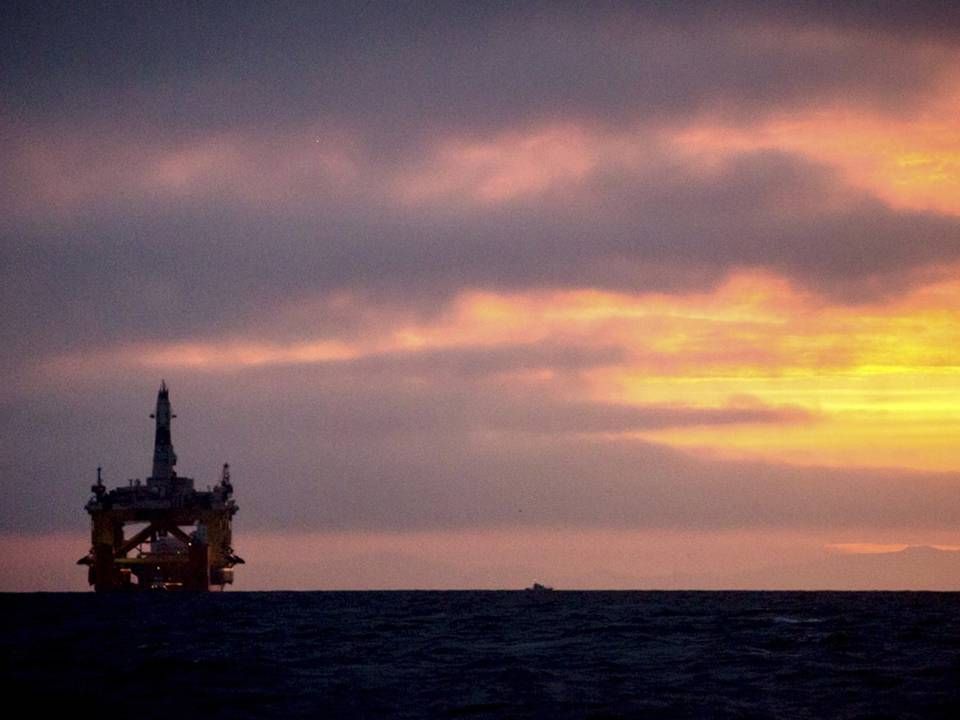








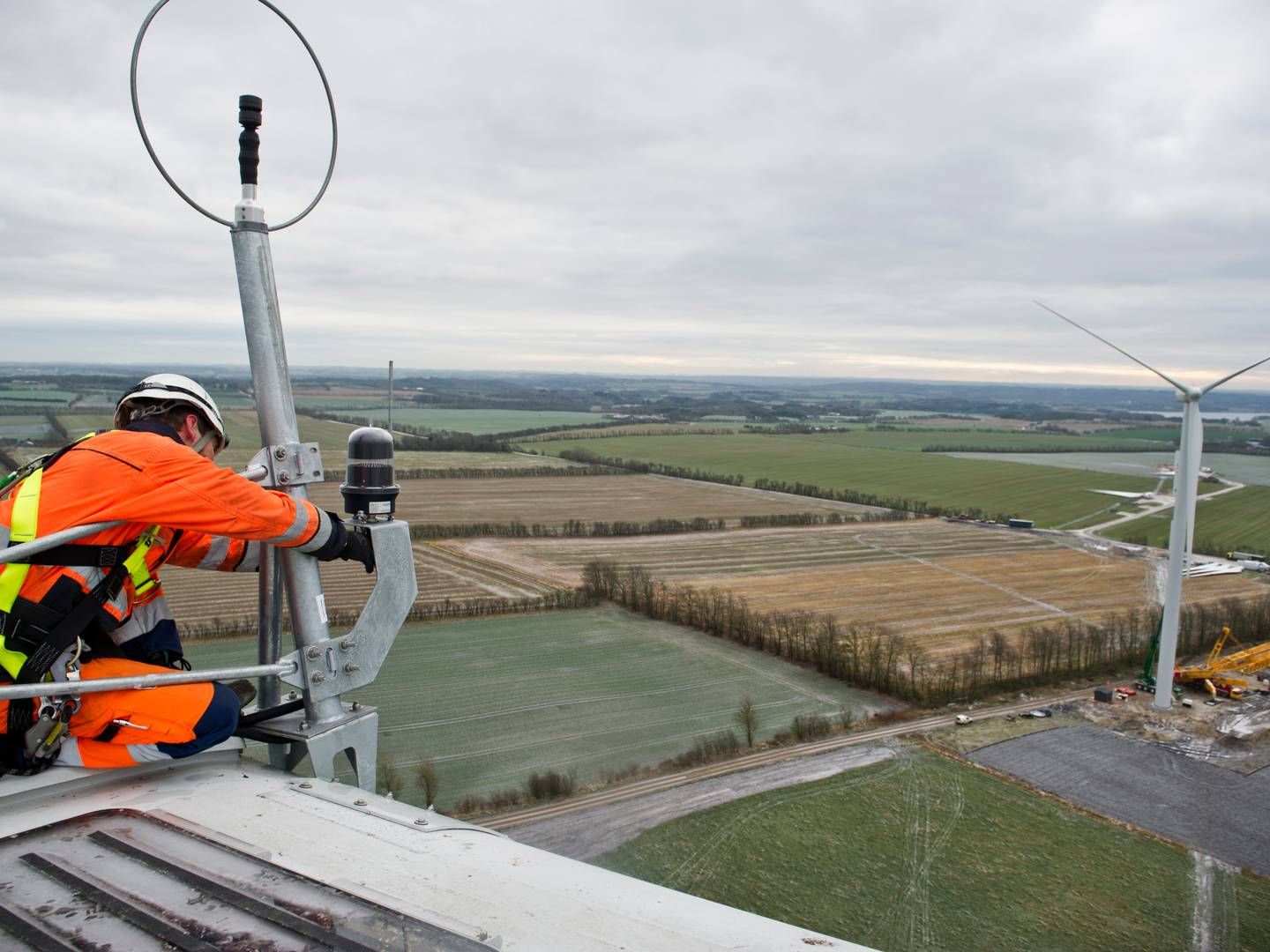



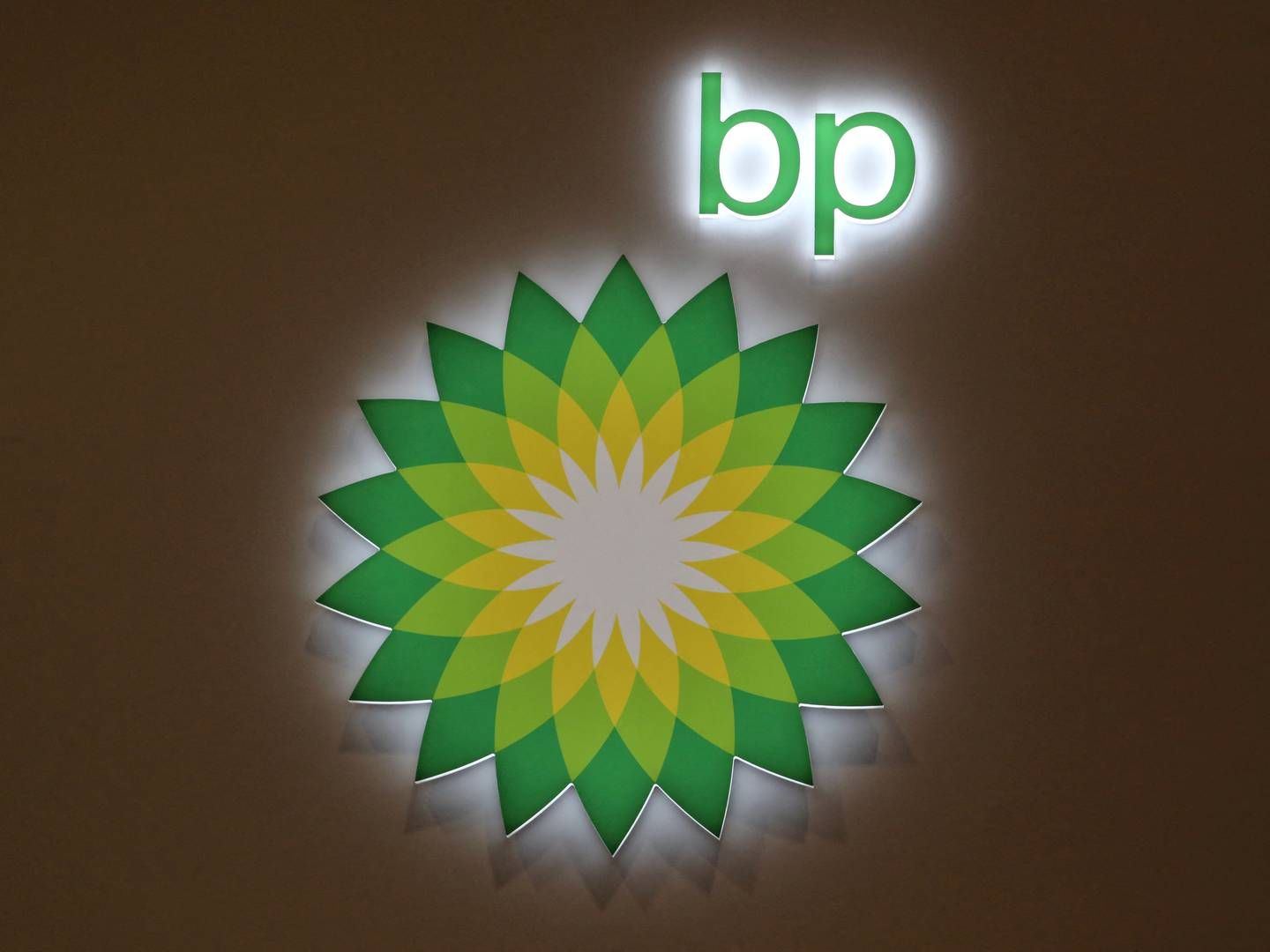







.jpg&w=384&q=75)
